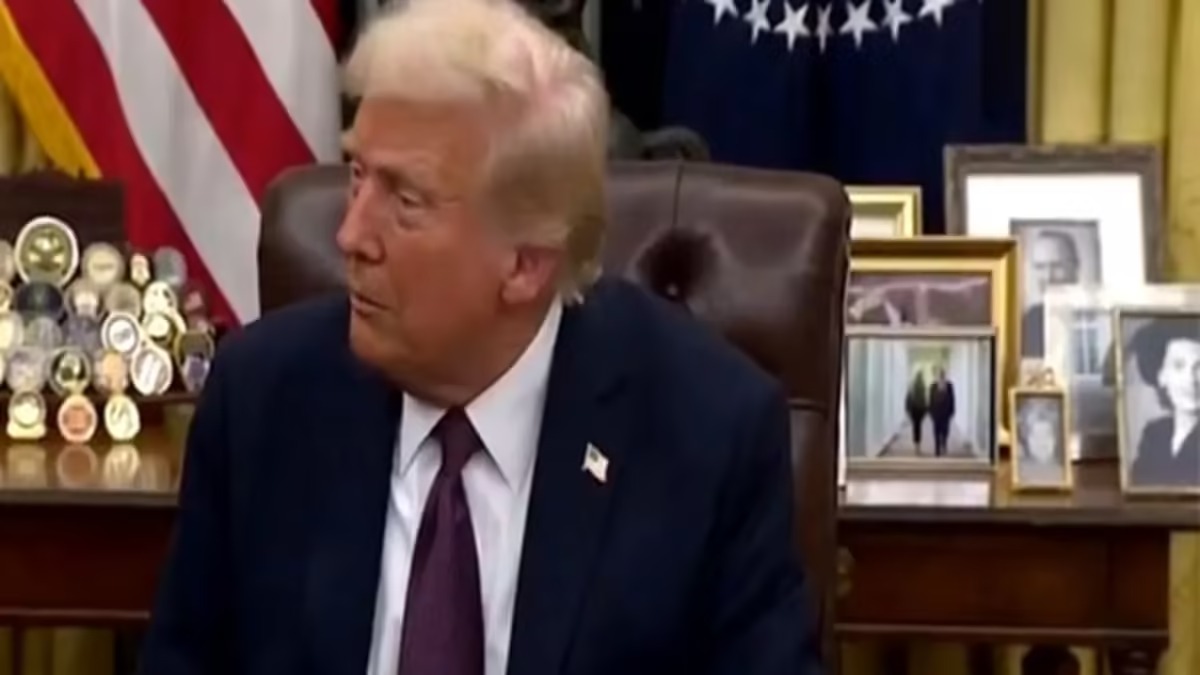
Cabinet members of the Donald Trump 2.0 administration are expected to take an aggressive stance on various fronts, according to a report by Union Bank of India.
Cabinet members are set to implement significant changes in areas such as fiscal policy, foreign relations and national security.
It says Trump's cabinet could take an aggressive stance; all eyes are on their actions next week.
The report highlights that the new US Treasury Secretary Scott Bessant aims to maintain the dollar’s dominance as the world’s reserve currency.
He is advocating for permanent tax cuts to avoid a US$4 trillion rise, seeing it as a vital step toward sustaining economic growth. Bessant also sees tariffs as a valuable tool in trade negotiations, suggesting their potential use in upcoming deals. His fiscal agenda includes reducing the US budget deficit to 3% of GDP by 2028, indicating a commitment to long-term economic stability.
During his swearing-in ceremony, US President Donald Trump had reiterated his threat to the BRICS nations, including India, saying that if the member countries of this grouping continue their de-dollarisation efforts, they will have to face 100 per cent tariff on trade with America.
"If the BRICS want to do that, that's fine, but we're going to put at least a 100 percent tariff on their trade with the United States... that's not even a threat," Trump said.
In fact, since I made that statement, Biden has said, they're putting a barrel of pressure on us. I said, no, they're putting a barrel of pressure on us. And there's no way they're going to be able to do that.
Before taking oath as the 47th President of the United States, Trump had threatened the BRICS nations that he would impose 100 per cent tariff on all imports from these countries if they dared to issue their own currency.
Secretary of State Marco Rubio is expected to take a tougher stance on China. Known for his criticism of Beijing, Rubio has backed legislation banning Chinese telecommunications equipment in the US and has emphasized strong support for Taiwan. His focus on China suggests a more assertive approach to US-China relations, which could lead to increased tensions but also stronger alliances in the Indo-Pacific region.
Elon Musk, the head of the newly formed Department of Government Efficiency (DOGE), has promised significant budget cuts. He aims to reduce federal spending by US$2 trillion, with an initial target of cutting more than US$500 billion annually. His focus on fiscal restraint could lead to major changes to federal programs and spending.
New National Security Adviser Mike Waltz has emphasized a focus on countering threats from China. He has stressed the importance of resolving conflicts in Ukraine and the Middle East to prioritize confronting the Chinese Communist Party. Waltz's approach suggests a strategic turn in US foreign policy, focusing resources on countering China's growing influence.
The report indicates that the Trump administration's policies could lead to significant changes in global trade, diplomacy and economic mobility. Now all eyes are on the cabinet action to be held next week.
--Advertisement--

 Share
Share



